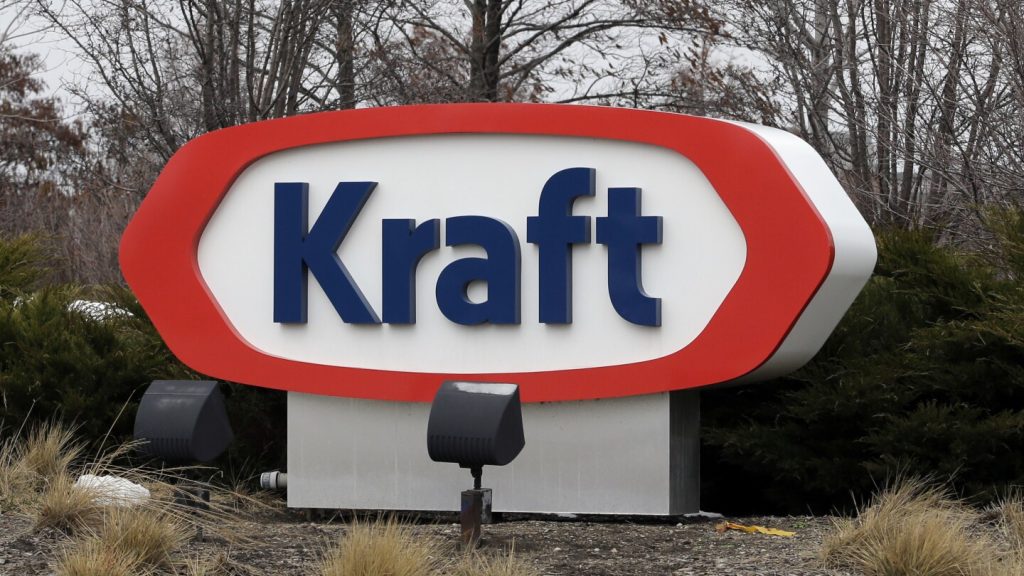The Biden administration has announced a historic $6 billion investment to decarbonize the industrial sector in the United States. This initiative aims to reduce emissions from industries that are responsible for approximately 25% of the nation’s total emissions. The funding will support 33 demonstration projects across more than 20 states, targeting sectors such as iron, steel, aluminum, food and beverage, concrete, and cement. The technologies being funded are expected to be replicable, scalable, and set a new standard for clean manufacturing in the U.S. and around the world. This investment is projected to eliminate 14 million metric tons of pollution annually, equivalent to taking 3 million cars off the road.
Among the funded projects are initiatives by companies like Century Aluminum Company, Constellium, Kraft Heinz, Cleveland-Cliffs Steel Corporation, and Heidelberg Materials US, Inc. These projects involve building new facilities, implementing energy-efficient designs, using clean fuels like hydrogen, installing low-emission furnaces, and capturing and storing carbon dioxide underground. The goal is to significantly reduce greenhouse gas emissions from these industries and pave the way for cleaner manufacturing processes. The U.S. can potentially lead the way in developing innovative technologies that other countries, especially in the Global South, can adopt to build infrastructure more sustainably.
Decarbonizing heavy industries like aluminum and steel production is a crucial step in combatting climate change, as these sectors heavily rely on fossil fuels for their operations. While there have been significant efforts and subsidies to transition the electricity and transportation sectors to cleaner energy sources, decarbonizing industrial processes presents unique challenges. By demonstrating the viability of these clean manufacturing projects, the Biden administration aims to show that transitioning to cleaner technologies in the industrial sector is not only possible but also beneficial for the environment, the economy, and the workforce. This initiative also aims to garner support from both the private sector and Wall Street to scale up these efforts across industries.
The decline in the production of new aluminum in the U.S. in recent years has been largely attributed to high energy costs associated with traditional manufacturing processes. The shift towards producing aluminum with 100% clean energy, as exemplified by investments in companies like Century Aluminum Company, is seen as a game-changer that could help stabilize the industry, create new job opportunities, and contribute to reducing the carbon footprint. This transition is essential for the U.S. to remain competitive in the global market for aluminum production, as facilities reliant on fossil fuels are increasingly facing economic challenges. By supporting clean energy initiatives in the industrial sector, the Biden administration is not only addressing climate change but also promoting economic growth and innovation.
Overall, the $6 billion investment by the Biden administration in decarbonizing the industrial sector represents a significant step towards achieving the country’s climate goals. By funding innovative projects that target key industries like aluminum, steel, food production, and cement, the U.S. is setting a new standard for clean manufacturing practices. This initiative is expected to have a substantial impact on reducing greenhouse gas emissions, creating new job opportunities, and inspiring similar efforts globally. With a focus on scalability, replicability, and sustainability, these projects aim to demonstrate the feasibility of transitioning to cleaner technologies in heavy industries, paving the way for a greener future for the U.S. and the world.


